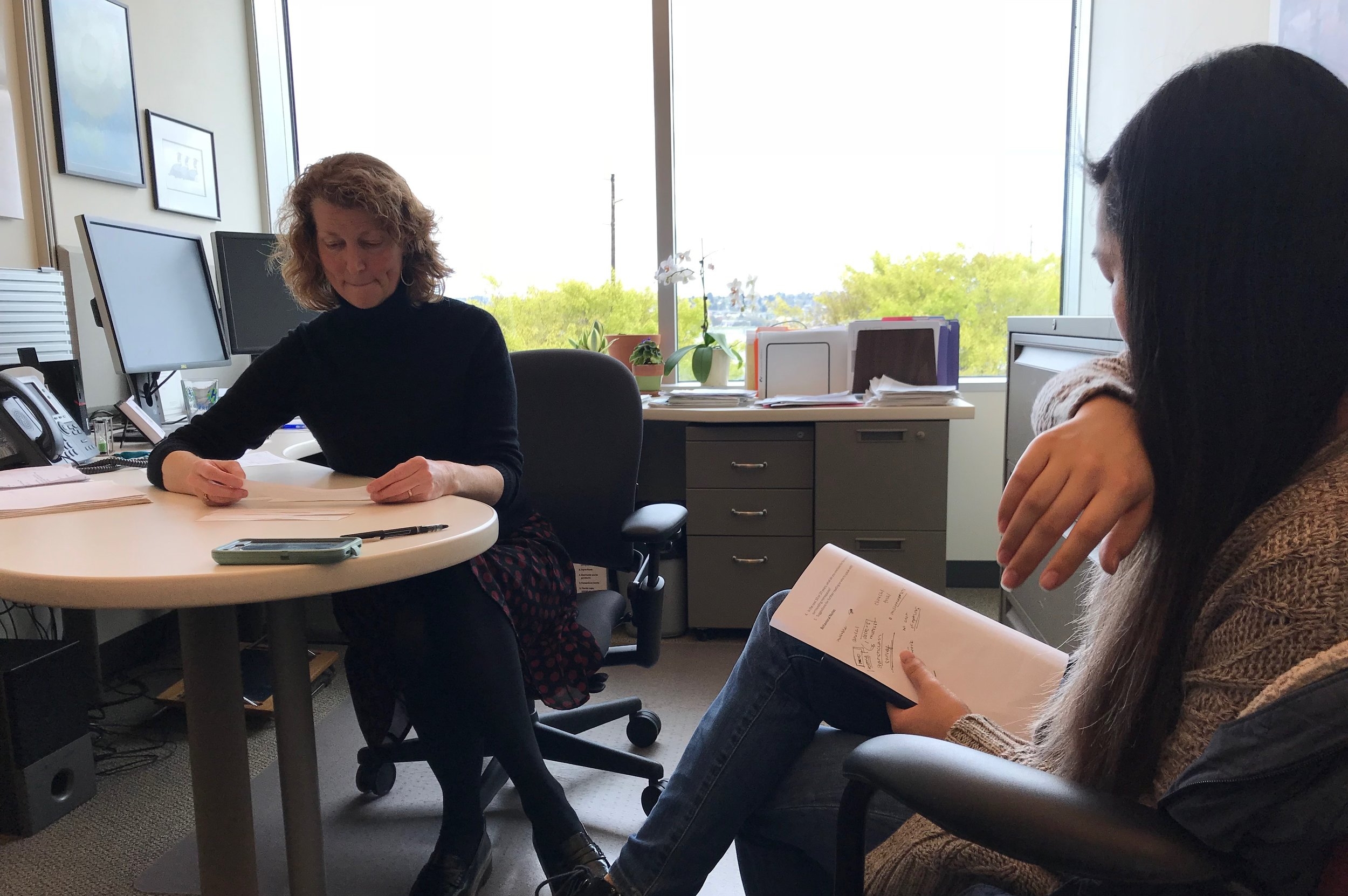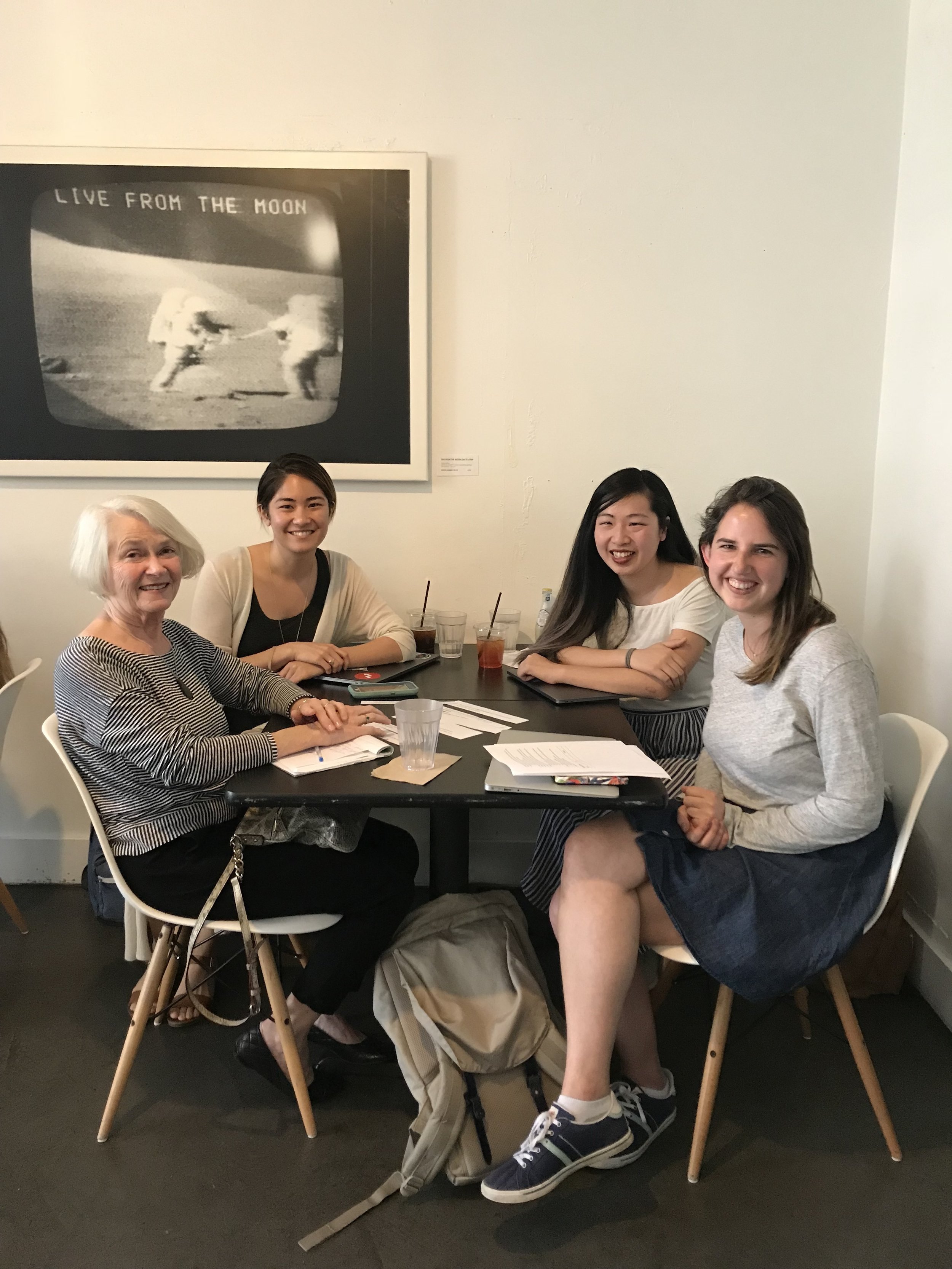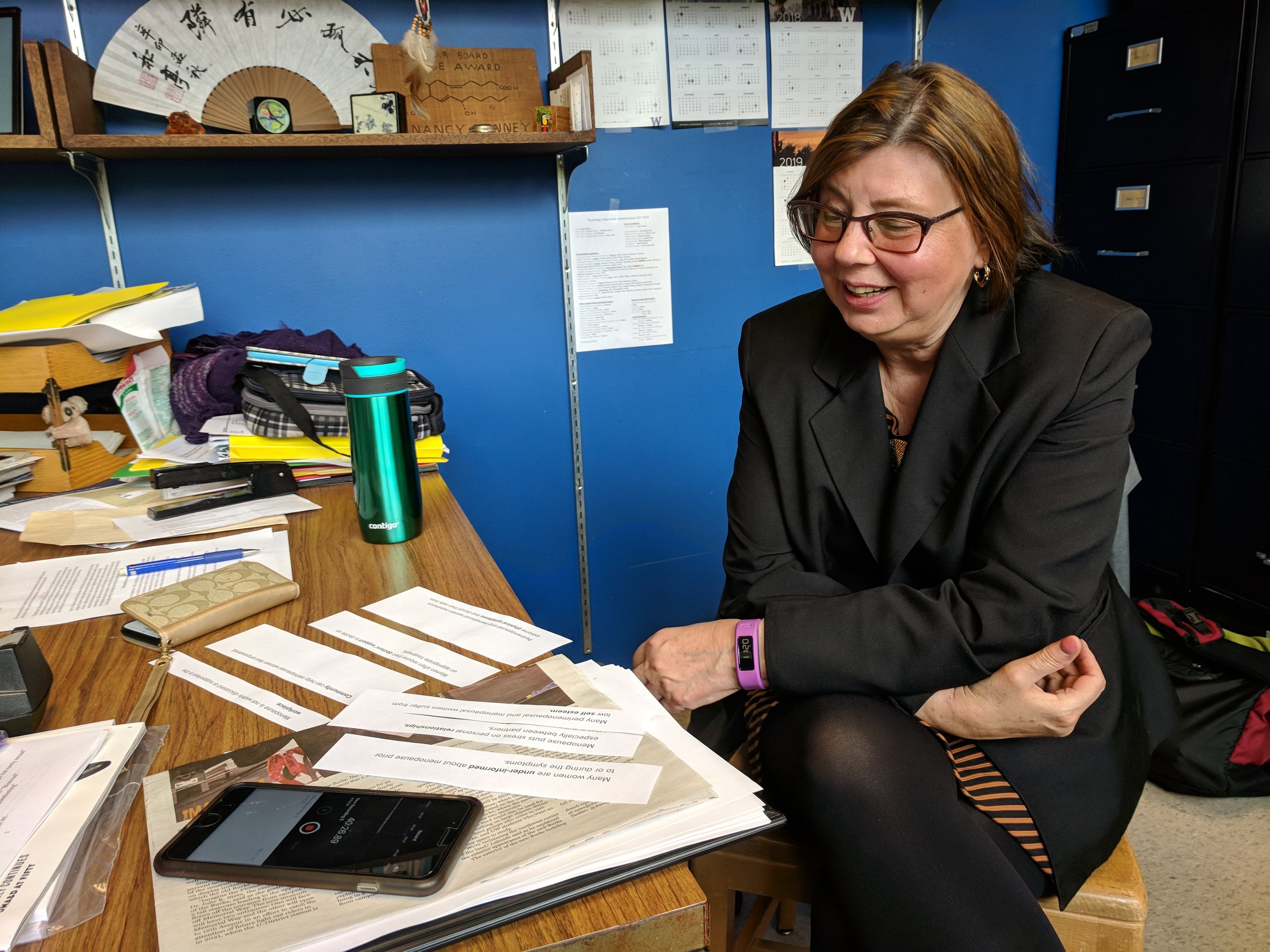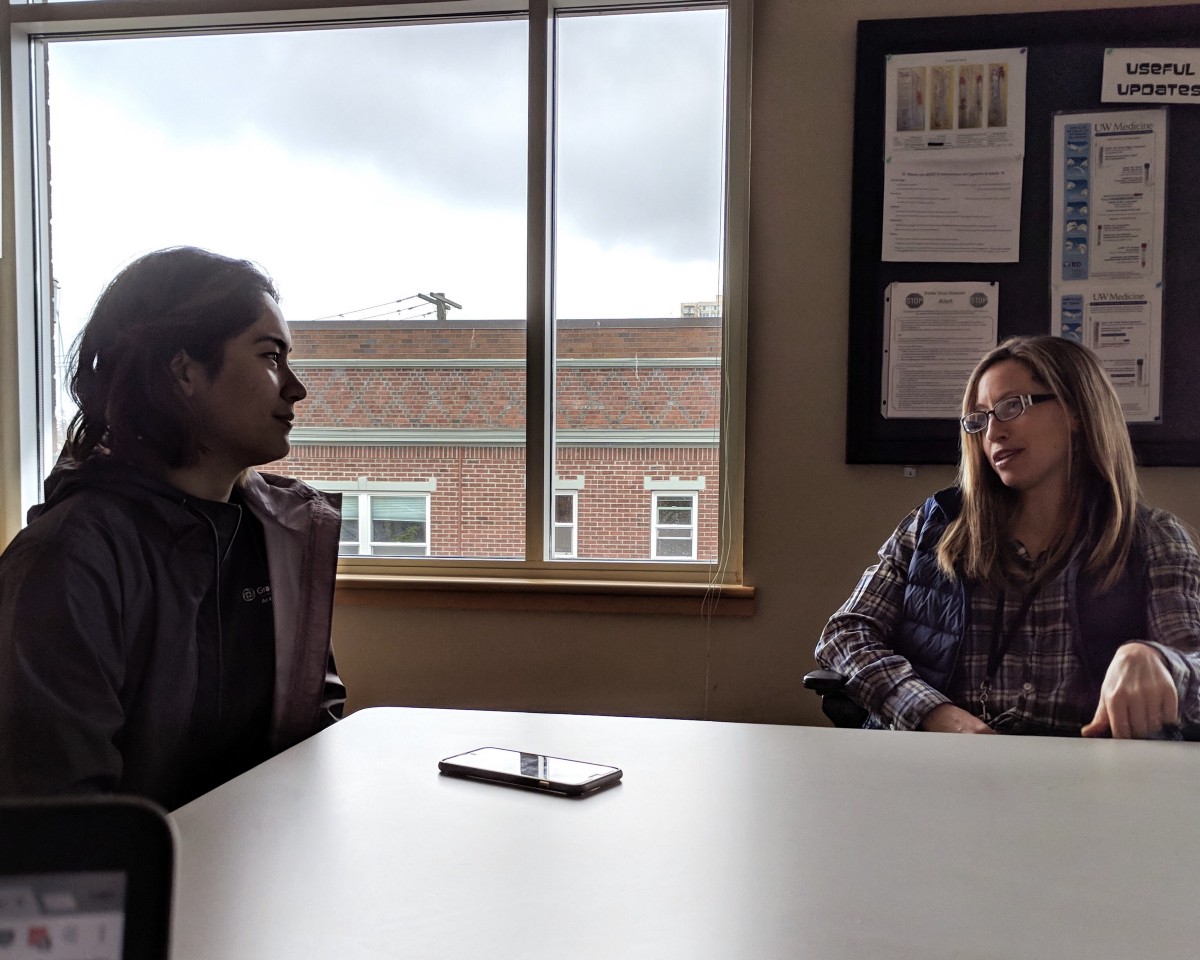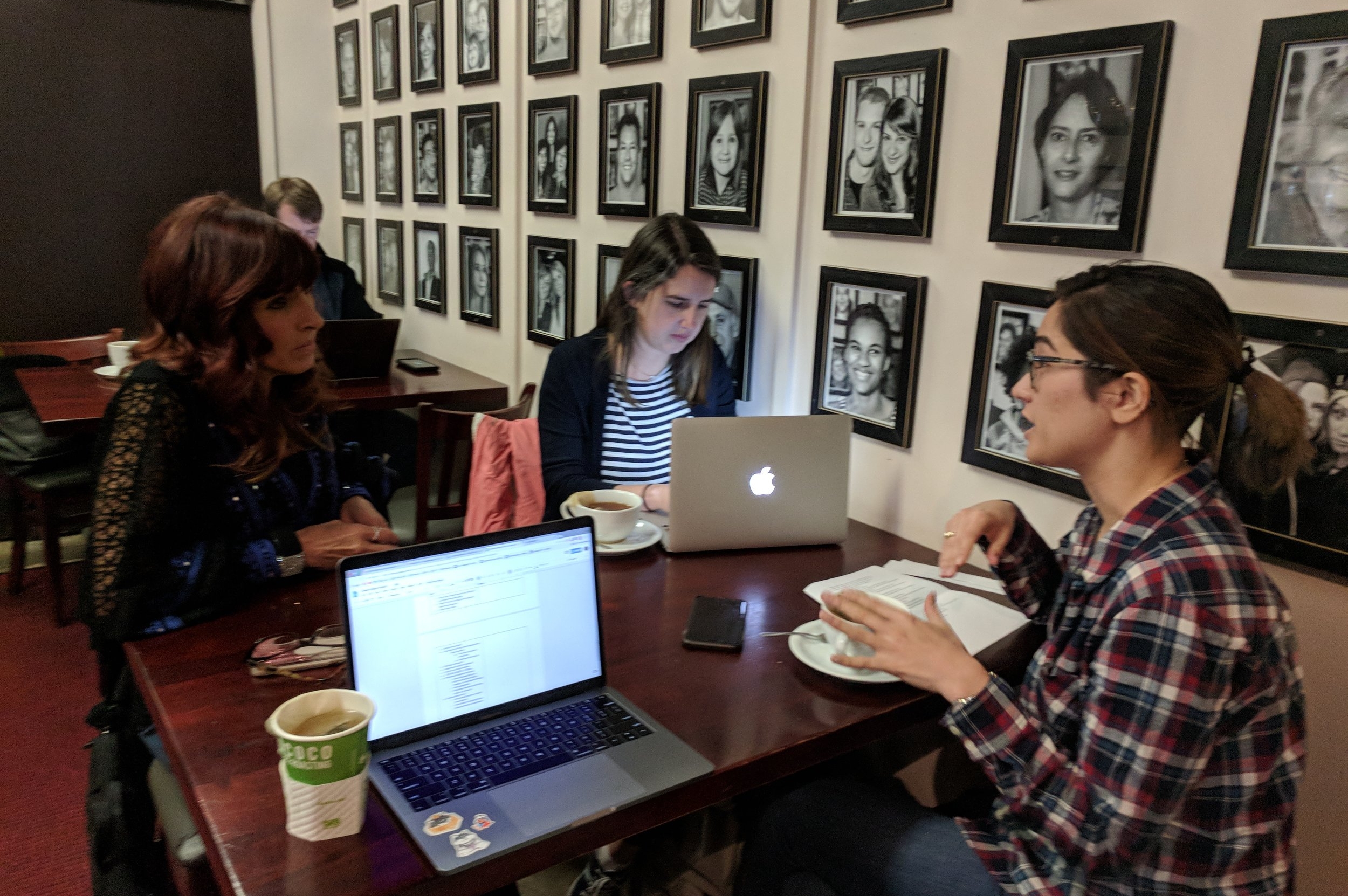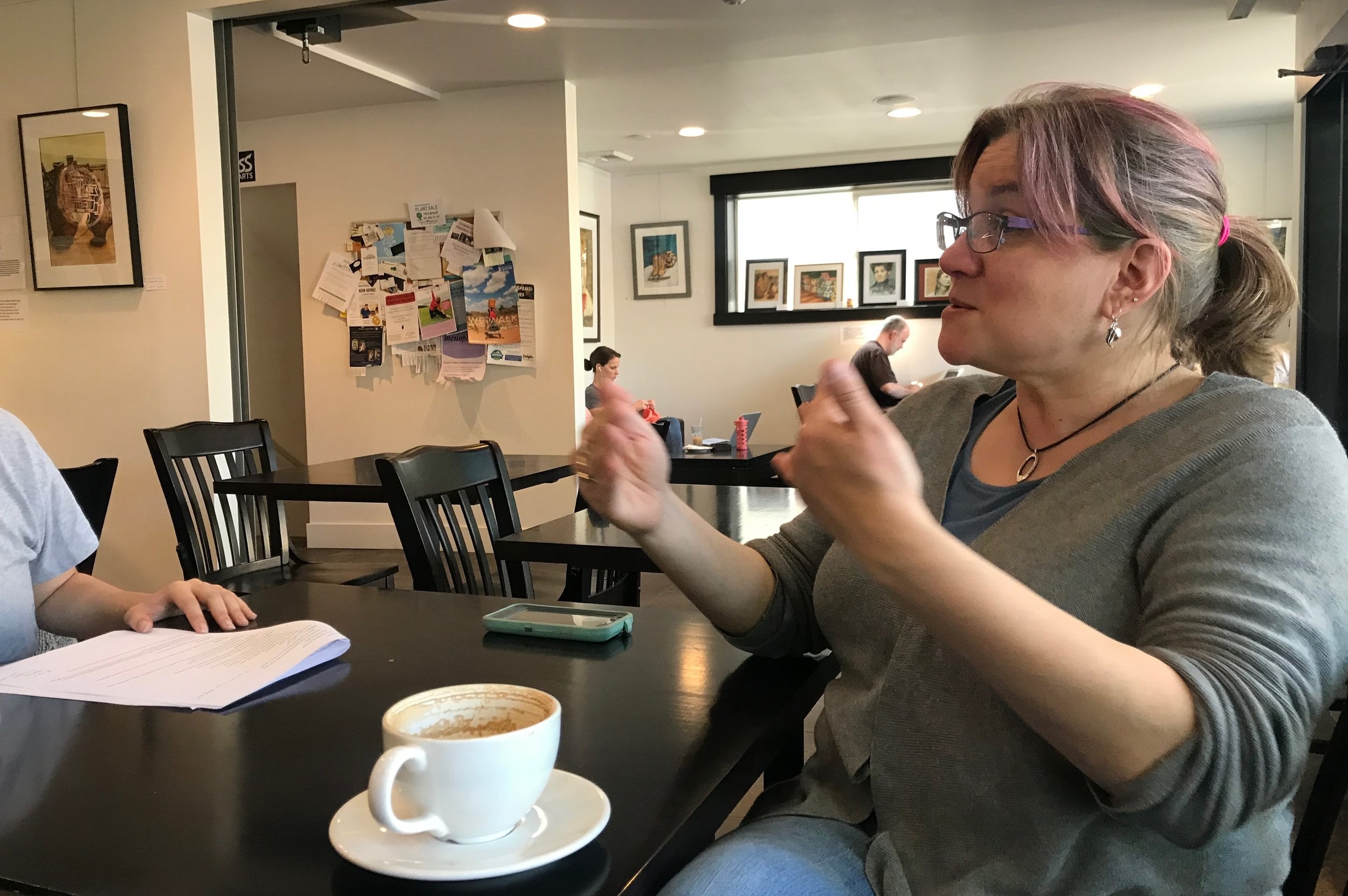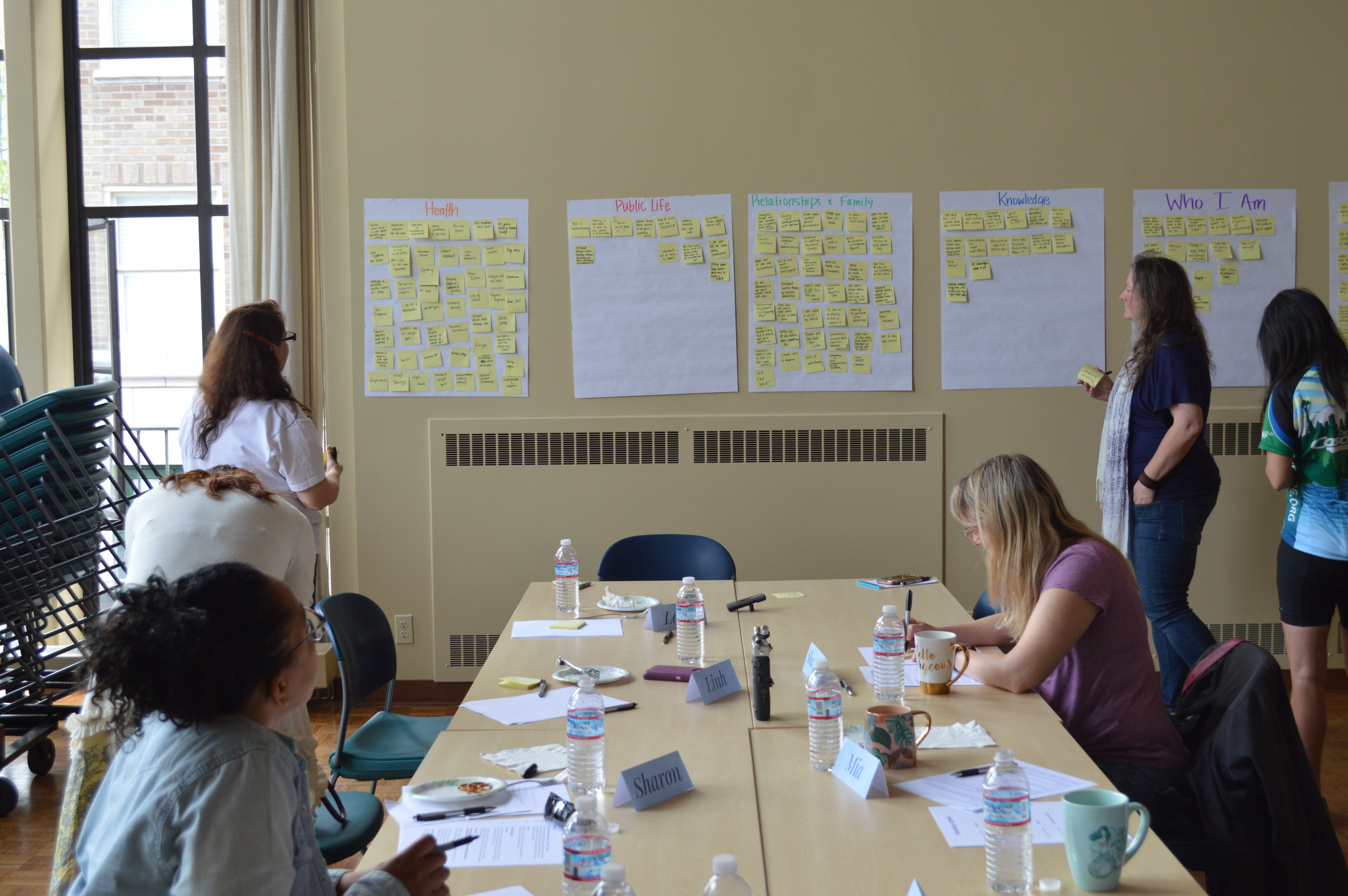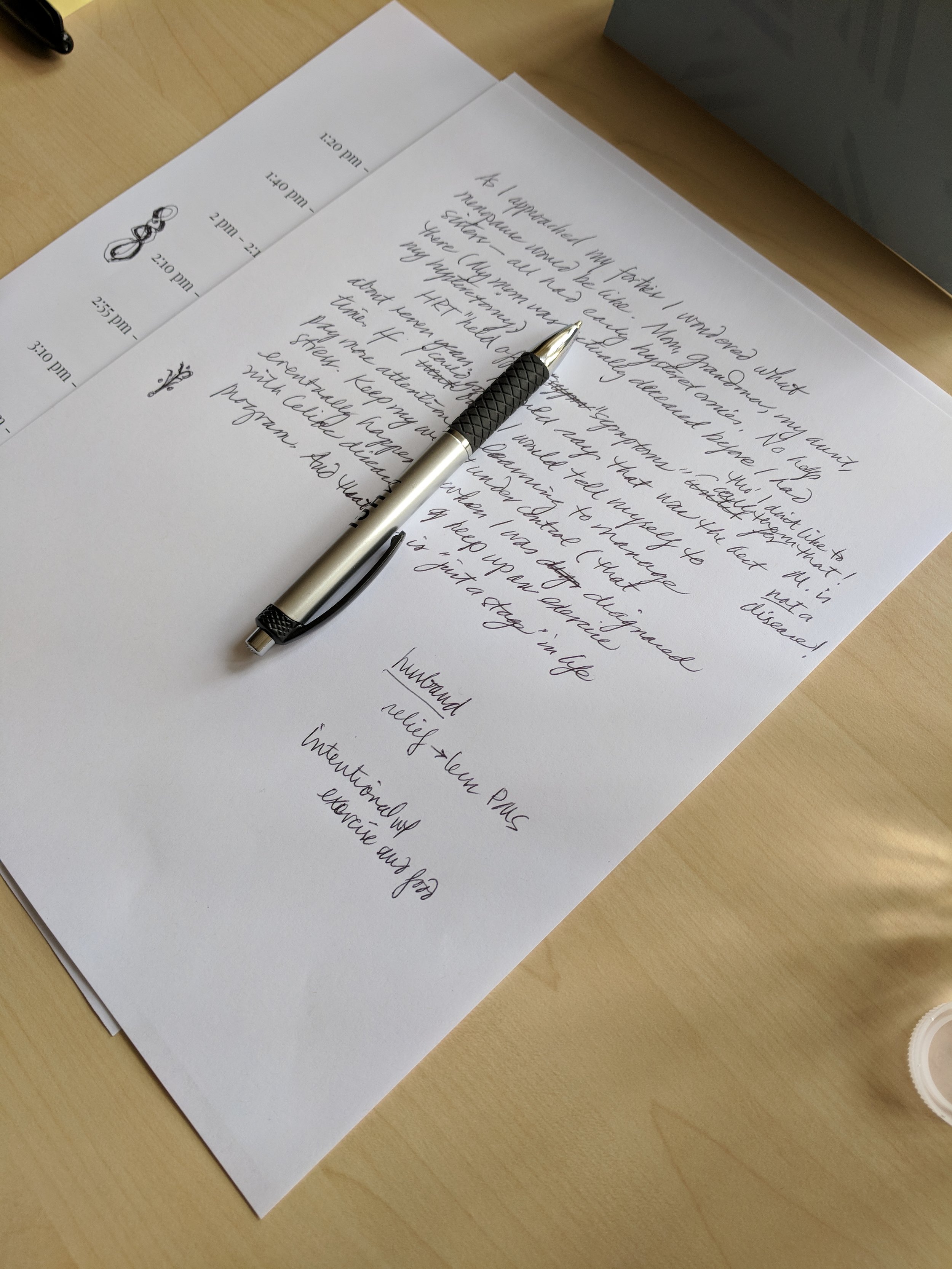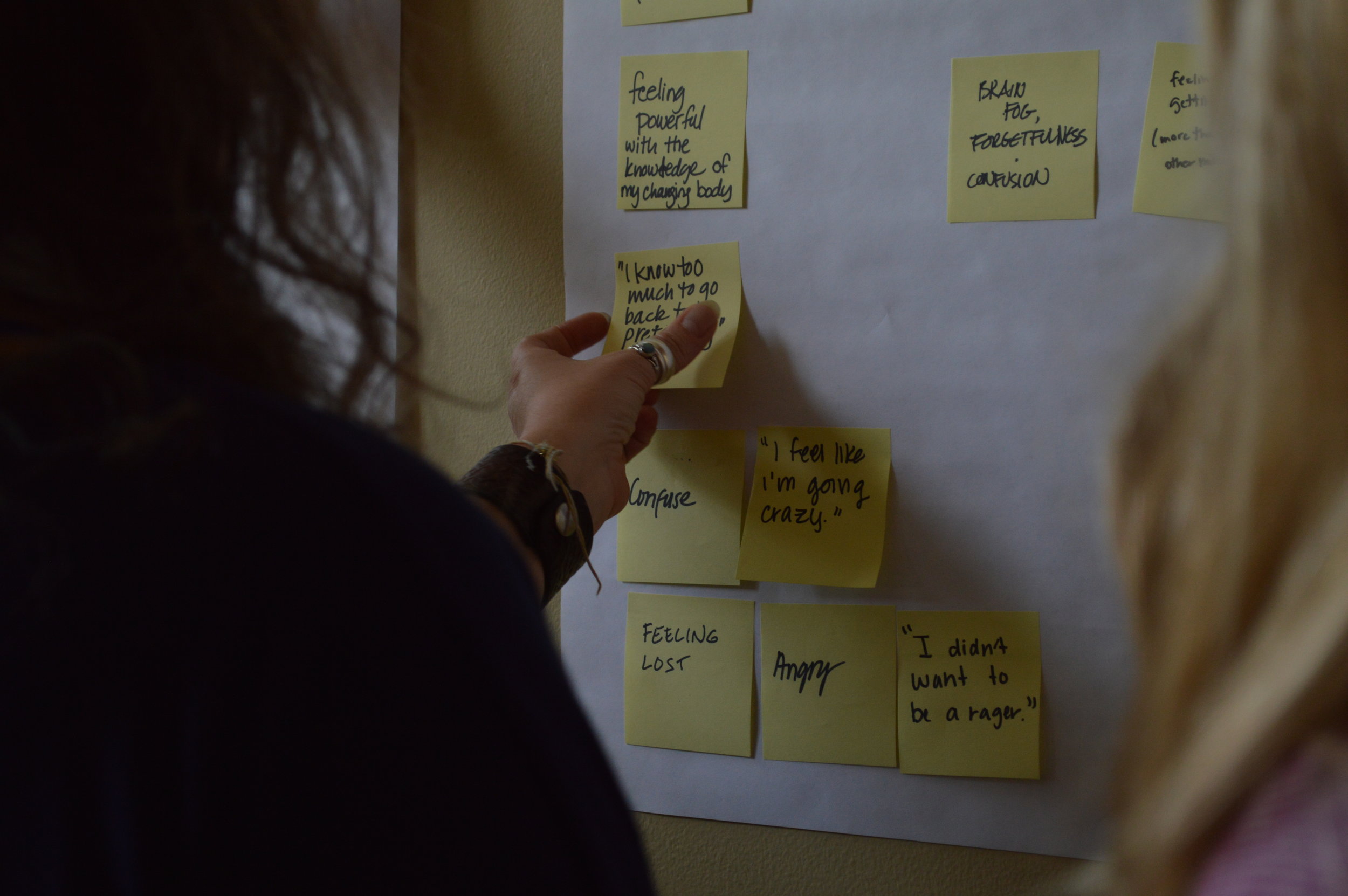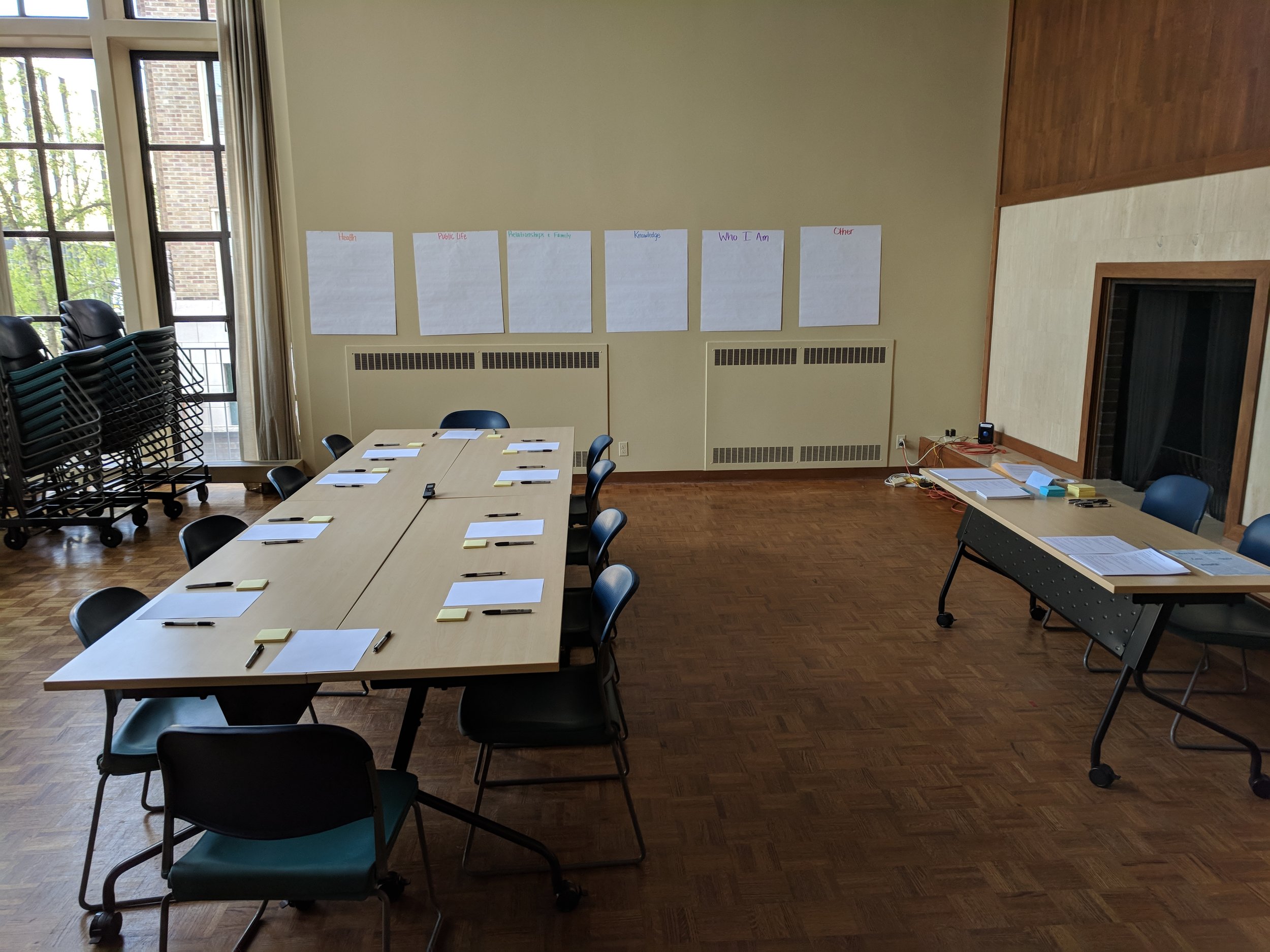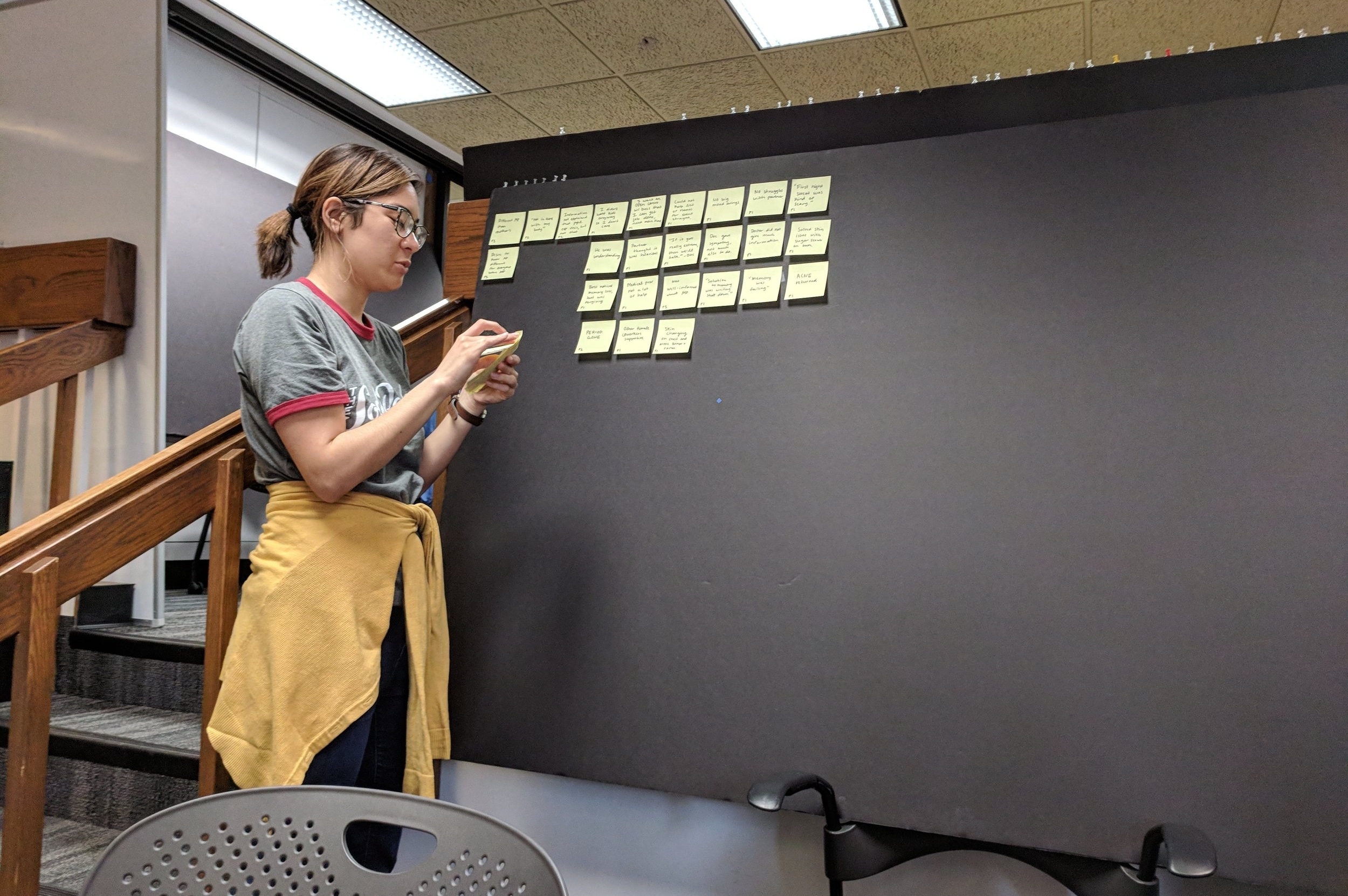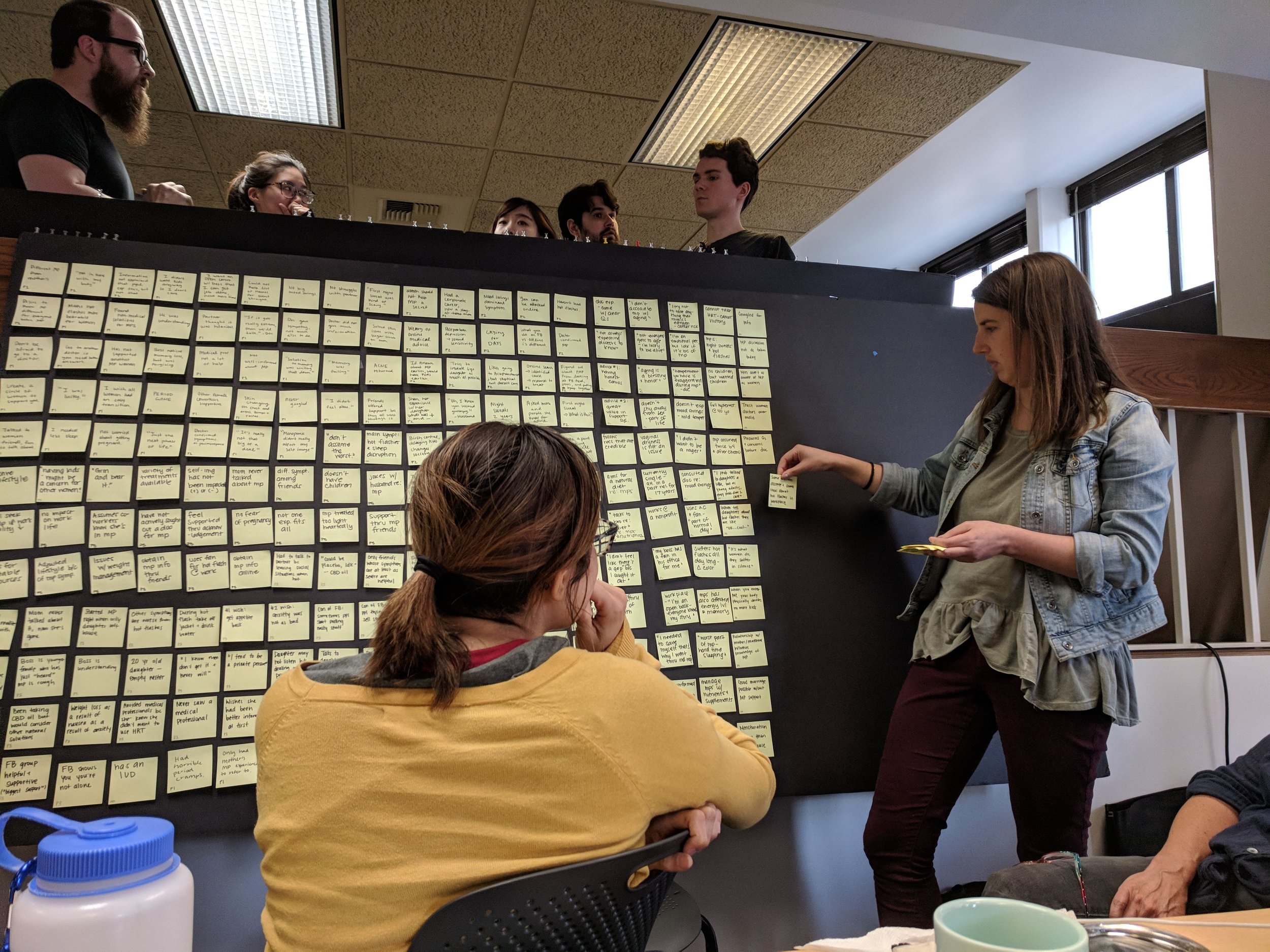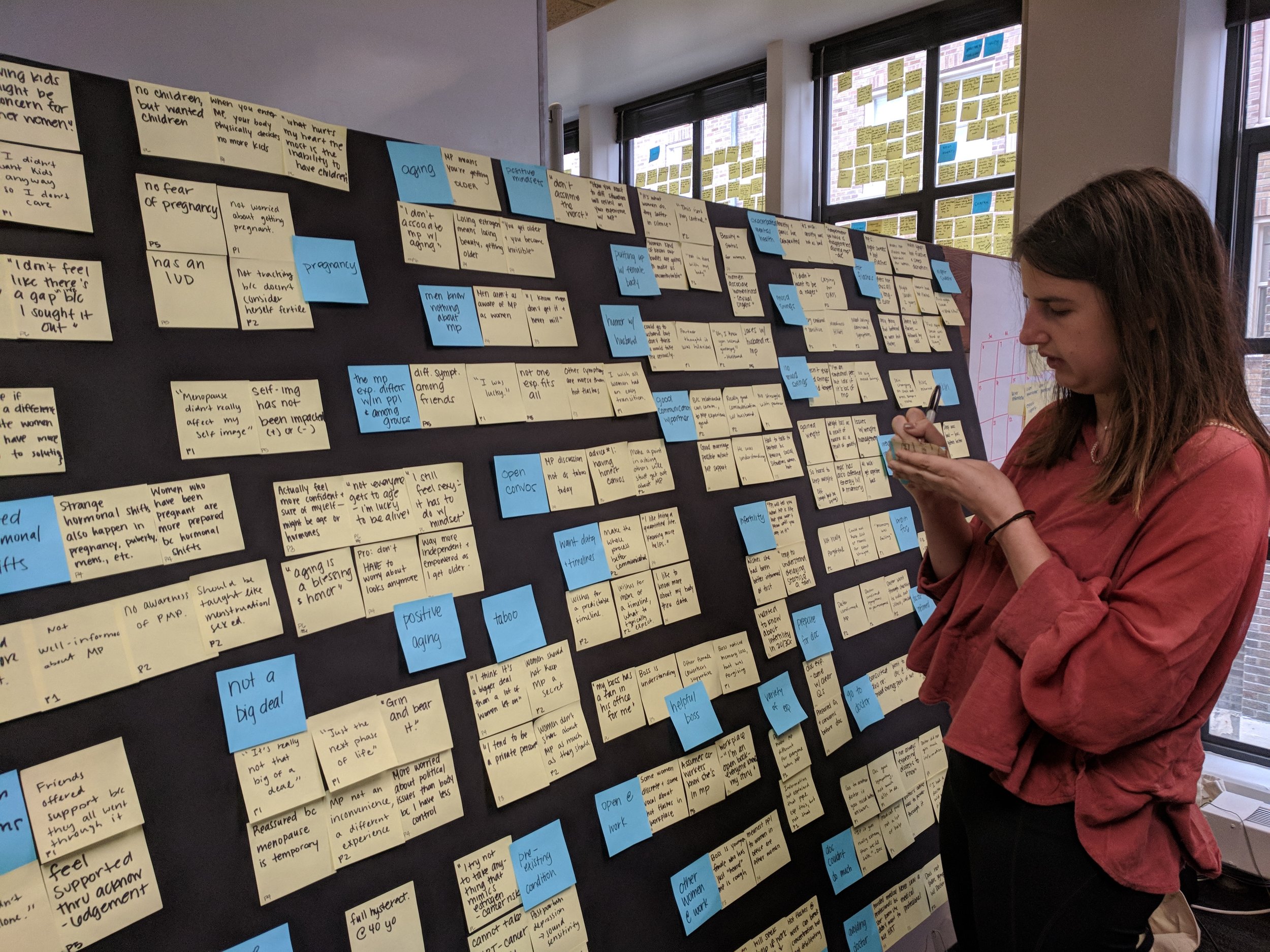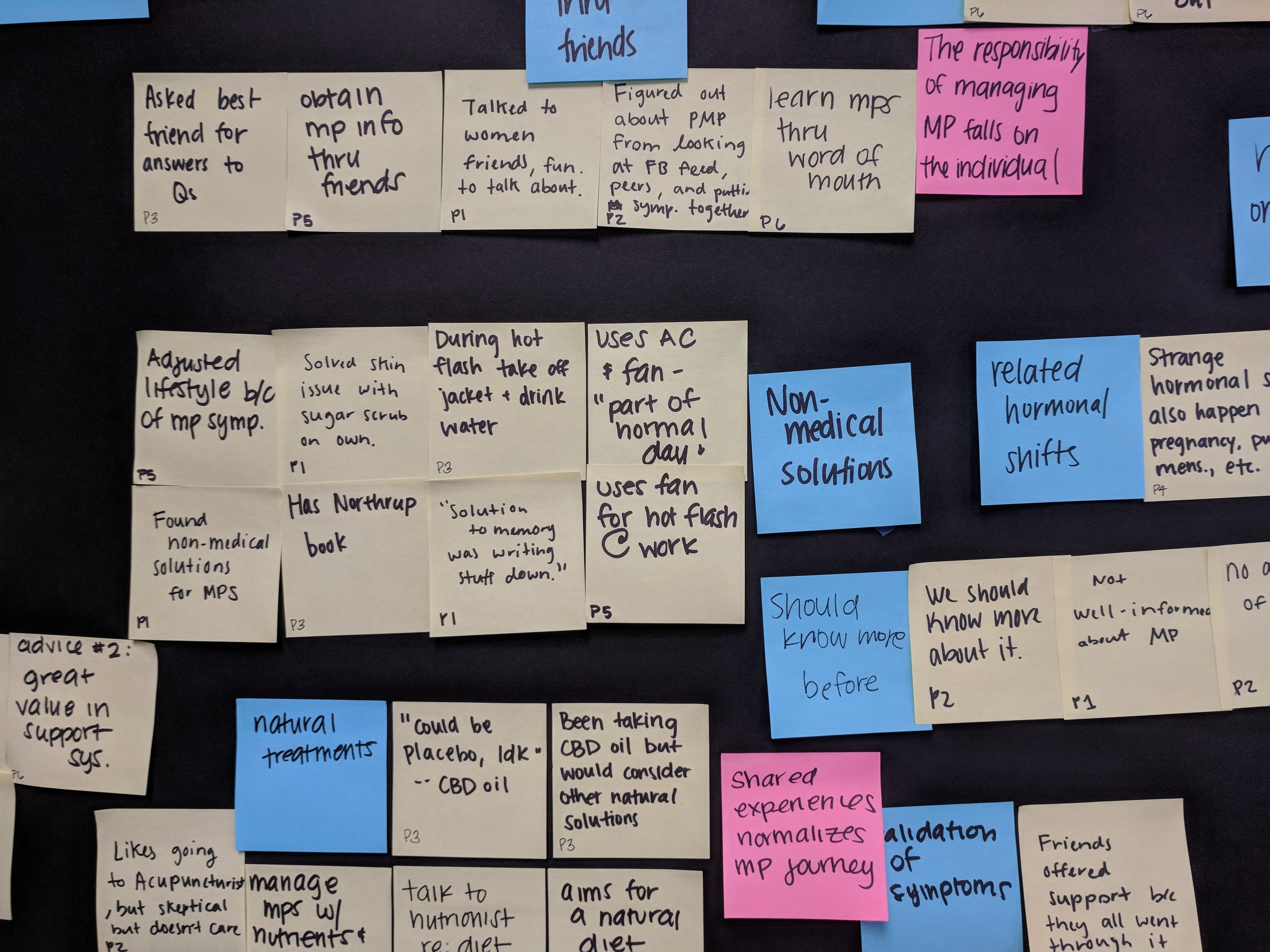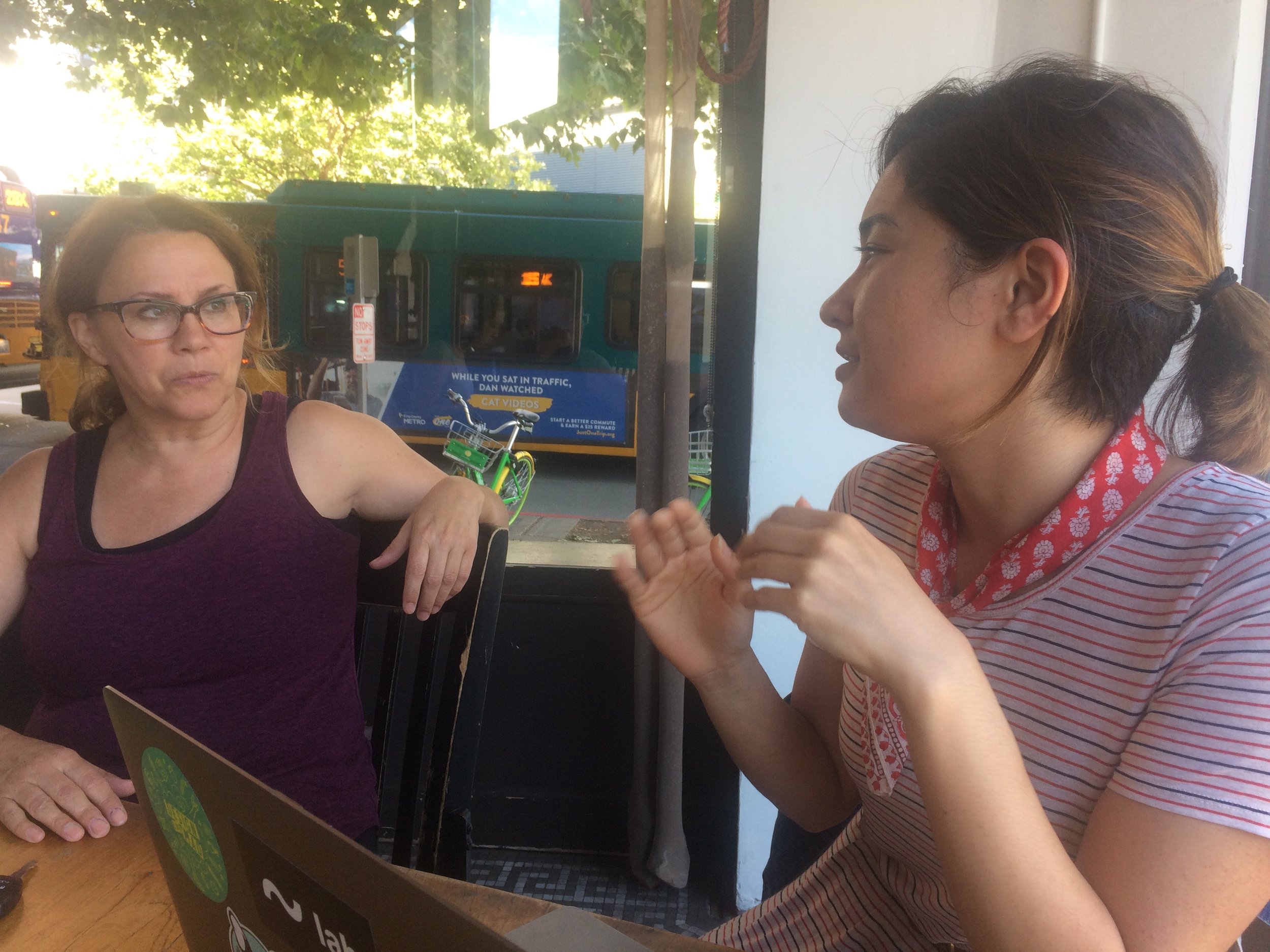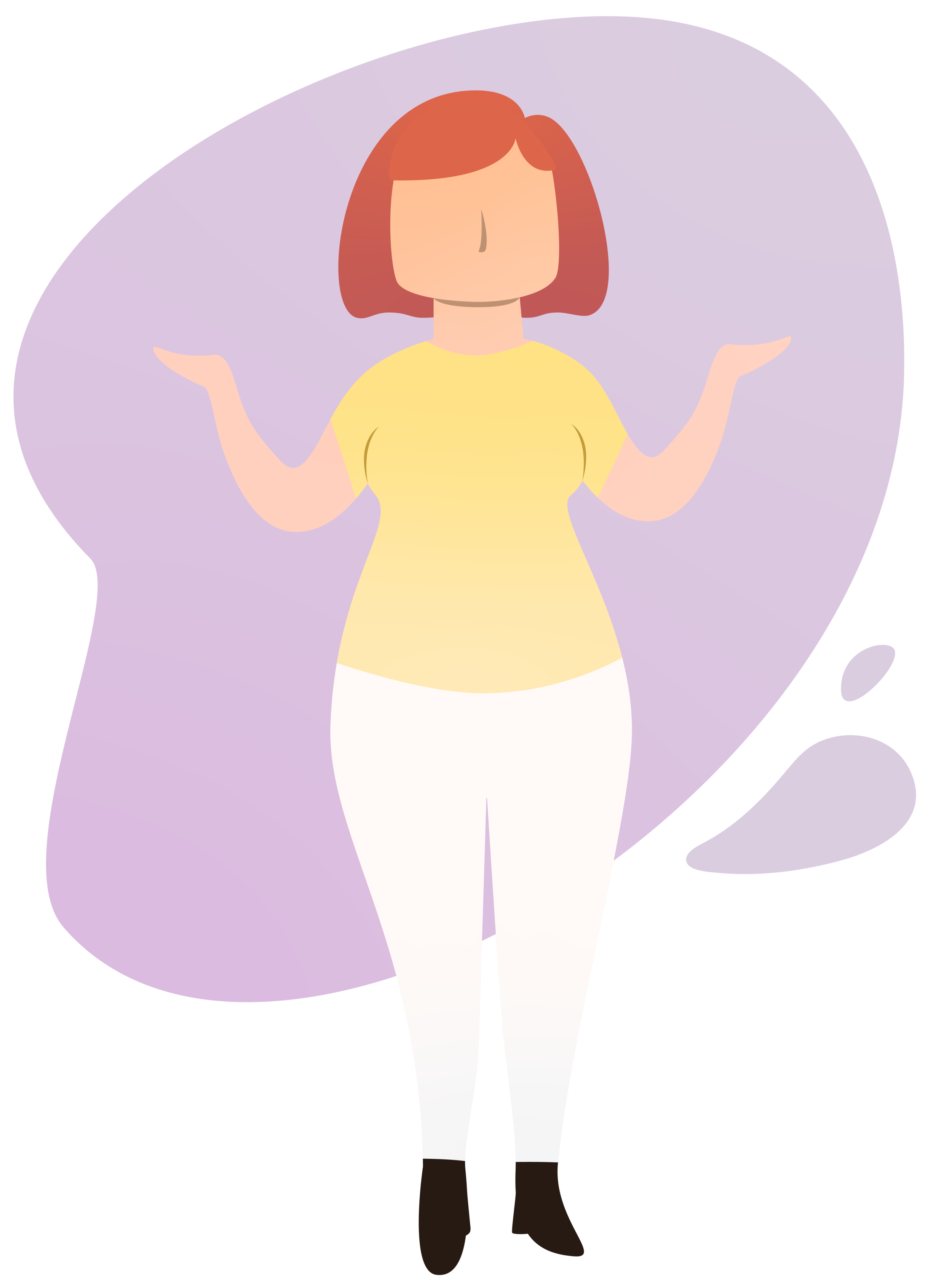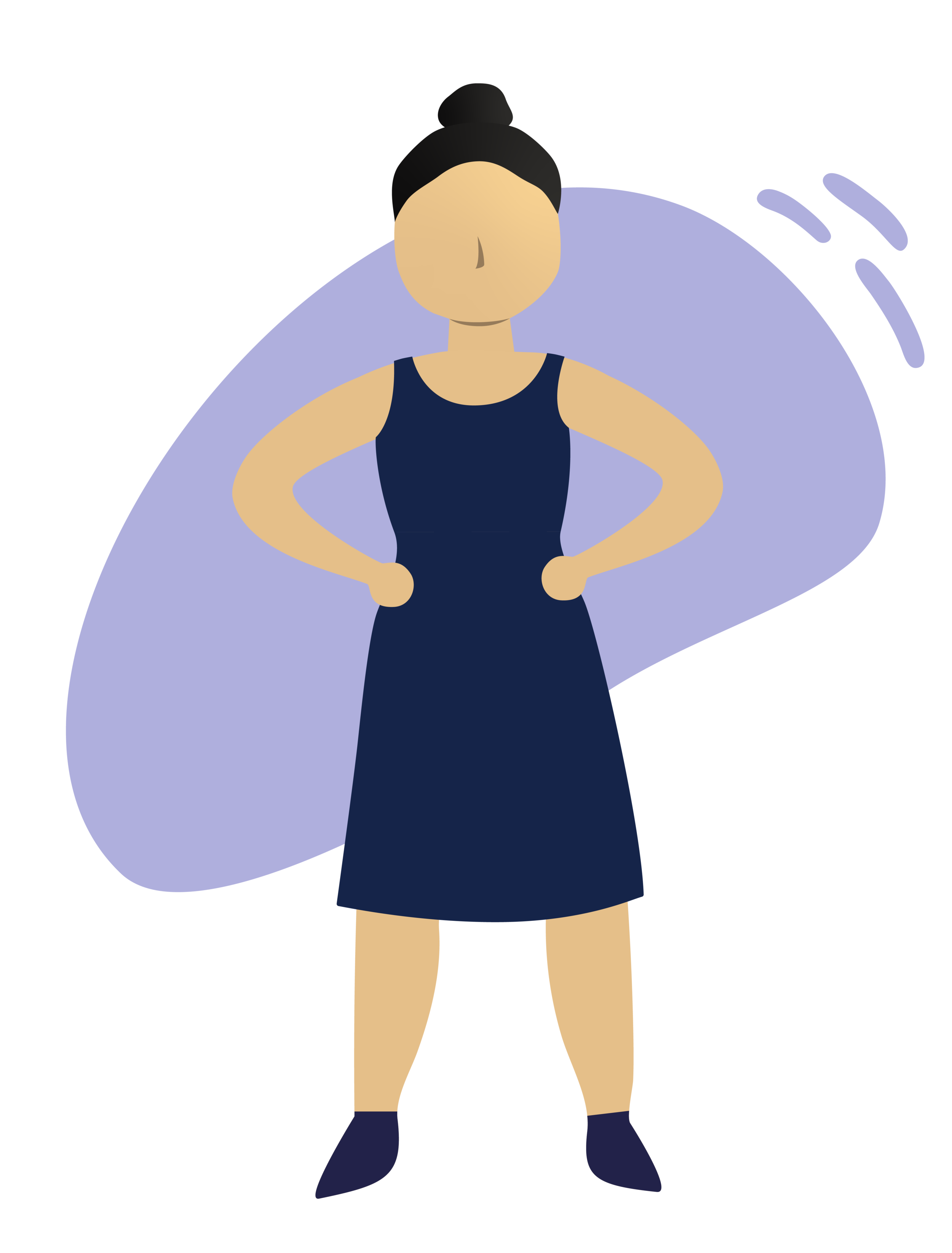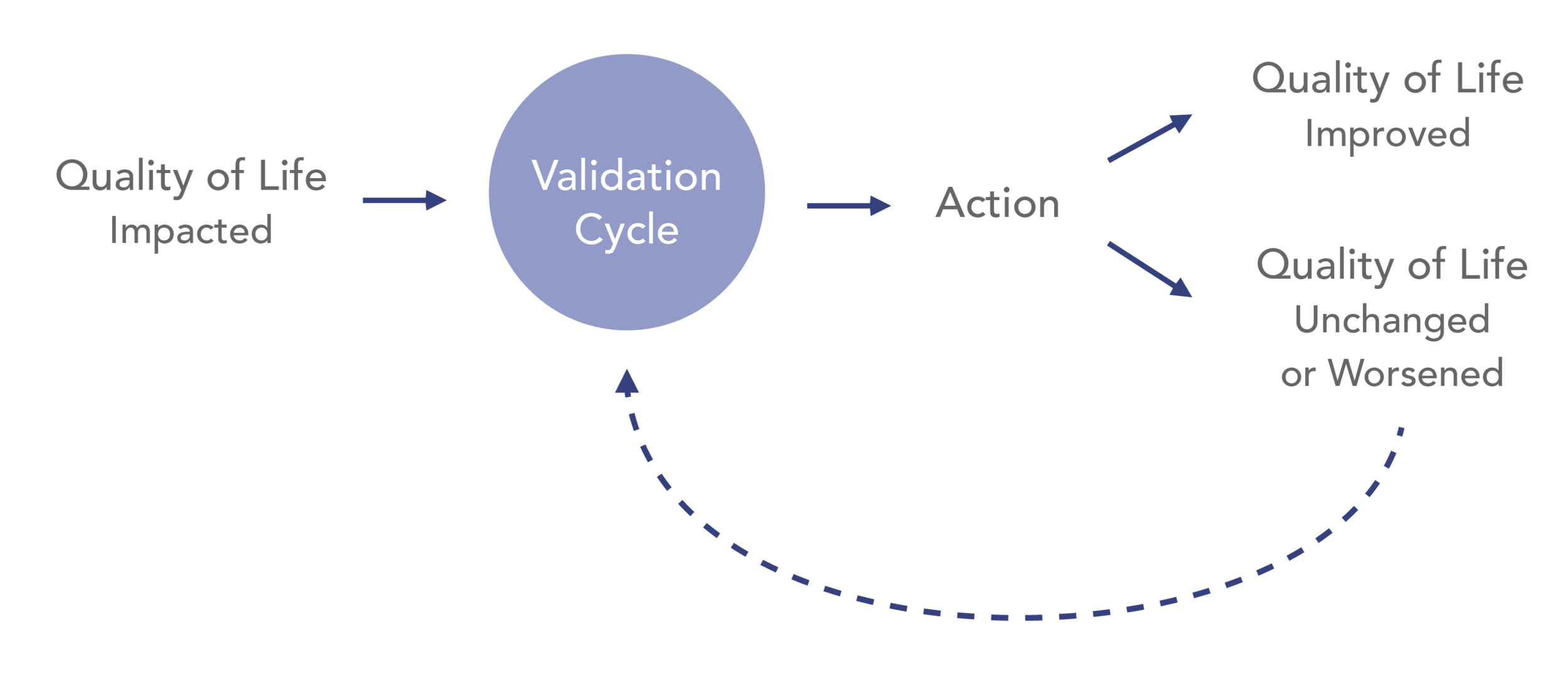vera: research phase
Investigating and understanding menopause and the individual
Project under mentorship of Smashing Ideas and Etsy.
Objective
Conduct a research study to gather data, analyze it, and synthesize it into insights and research artifacts for the design phase.
My Roles
Recruitment, Interviews, Secondary Research, Thematic Coding, Insight Generation, Concept Modeling, Visual Design, Paper Writing
Timeline
11 weeks
Team
Kelda Baljon
Lan Vu
Smashing Ideas
Chris Hannon
Paola Reyes
Etsy
Brian Greene
Tools
Google Doc
Google Sheets
Google Forms
Illustrator
InDesign
Acheivement
Case Study Accepted to CHI Conference 2019
Initial Research
Early Discussion and Direction
For our capstone project, we began looking at spaces like social good to women empowerment to women’s health to menopause. Menopause. We knew that we knew not much concerning this area, and all the more reason for us to seek it out and bring it to the forefront to our peers and society.
Literature Review
As we narrowed into our space from social good to menopause, we conducted several literature reviews to gauge a better understanding of the landscape academically, industrially, and culturally. Afterward, we discussed what the design opportunity could be for us.
Initial Opportunity
How might we support a culture of individuals who are more comfortable, informed, and empowered during the phases of menopause?
Primary Research
Recruitment
We recruited our participants by posting flyers in various socioeconomically ranging neighborhoods within Seattle, utilizing advertisements on Craigslist and Reddit, reaching out to various groups on Facebook and Meetups, and passing the project on through word-of-mouth. We included a link to our research study's website and access to our screener survey.
Experts-on-Menopause Interviews
We recruited and interviewed four experts within gender studies, medicine, and public health. Our interviews helped us to understand that menopause is a multifaceted phase of life which can occur during a time of social change and aging.
Interviews Pt 1
In our initial round of semi-structured interviews, we wanted to gain an understanding of their menopausal experiences from work to relationships to self-image.
“For me, the biggest thing, just from my own personal experience, is that it’s dramatically different for everyone that I talk to. So there’s not one size fits all.”
Design Workshop
We held a participatory design workshop with eight women to provide a space for honest discussion. During one of the sessions, I led the focus group round-table.
Affinity Diagramming
We synthesized our findings from the experts, firstround of interviews, and workshop on to post-its to categorize into tangible insights.
Resulting Design Opportunity
How can we empower* each person as they experience their individual menopausal journey?
*Empower = educate, support, positive attitudes, validation, comfort, control
Continued Research
Interviews Pt 2
For our second round of semi-structured interviews, we examined each participant’s main signals and the steps they took to alleviate them. We also asked them to reflect on their menopausal experience and what they want future generations to know.
With an overwhelming amount of data, we wrapped up interviews early and entered the analysis phase.
Pivot to Analysis
Thematic Coding
We transcribed, thematically coded, and reviewed all the interviews and workshop. We organized the codes into categories and organized a master code sheet of all paticipants.
Discussion & Synthesis
Once we were done with analysis, we were able to review the master code sheet to help synthesize the final insights as well as help with the personas, journeys, and conceptual models.
Research Insights
1.
Each experience is different
Menopause is highly variable between individuals, making it difficult to identify a “typical experience.”
2.
People don’t know what to expect
Since there are no clear expectations of menopause, women often feel uncertain about “the Change,” both before beginning their experience and during it.
3.
Menopause is silently endured
Menopause is a quality of life issue aging women are expected to silently endure, so there is a lack of interest in creating a broader discussion about it.
4.
Body literacy creates agency
Individuals can feel a greater sense of control through understanding their body’s behaviors.
5.
Aging and menopause are deeply intertwined
Menopause happens in the context of many unrelated physical (i.e. vision impairment) and societal changes (i.e. becoming an empty nester) that come along with aging.
Conceptual Models
Quality of Life
A person’s macro-environment, micro-environment, and individual traits affect a person's quality of life and how information and support is sought out.
Validation Model
When quality of life is disrupted by a signal, one will attempt to seek information or support or both. How one seeks interactions and the level of success from those interactions contribute to a variety of experiences.
Overall Menopausal Experience
When a signal disrupts quality of life, the individual will look for information and support through the validation model. This can lead to an action. The result can either improve quality of life, worsen it, or go unchanged. If quality of life is not improved, the individual may return to the validation model.
Design Principles
1.
Celebrate the change
Menopause should be celebrated and embraced. Valuing and honoring the body through all the changes it endures can be incredibly empowering.
2.
Recognize the natural phase of life
This is not a disease. This is a natural phase and should be treated like so.
3.
Consider the variety of experiences
Every body is unique, their quality of life is unique. And because of this so will their experience be through menopause.
4.
Be direct and clear
Because menopause can be a confusing time for a person, it is important to be direct and clear about what is happening and why.
5.
Respect agency and empower
Understand that the individual must ultimately decide their own decisions. We simply must provide them with the tools to guide them through their experience.
6.
Be sensitive about the taboo
This is a sensitive topic that not everyone is comfortable with. Be aware that individuals can be extremely reserved and of their culture not being entirely accepting.
Future Considerations
Gender
Menopause is not exclusive to cisgender women. As so, it is important to proactively seek out the voices of other gendered individuals.
Induced Menopause
The experiences of those undergoing menopause through surgery, radiation, or prematurely, deserve further investigation.
Millennials
There are generational differences in how people view intimate health. Understanding these differences affects the design tremendously.
Lessons Learned
Research Questions Guide the Whys
Knowing why you have selected certain methods is a direct reflection of the research questions formed before and, not uncommonly, transformed during. I learned that research requires objectivity and reason in order to best represent the truth.
Data Saturation Means Its Time to Synthesize
While we were conducting the second round of interviews, I sensed the data we were gathering felt repetitive. Discussing this with our sponsors, they agreed we had reached data saturation. Now, I recognize the signs for when it is time to synthesize data.





